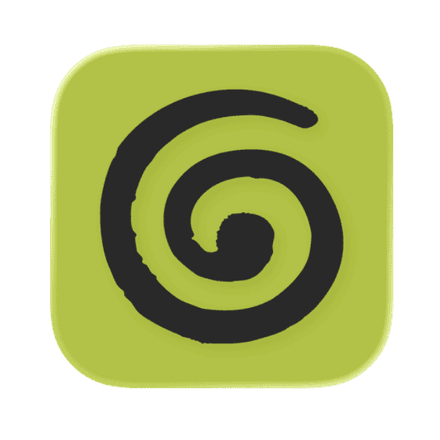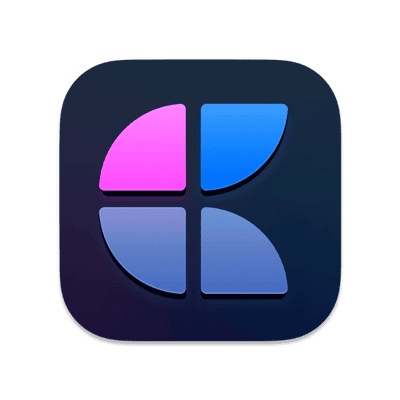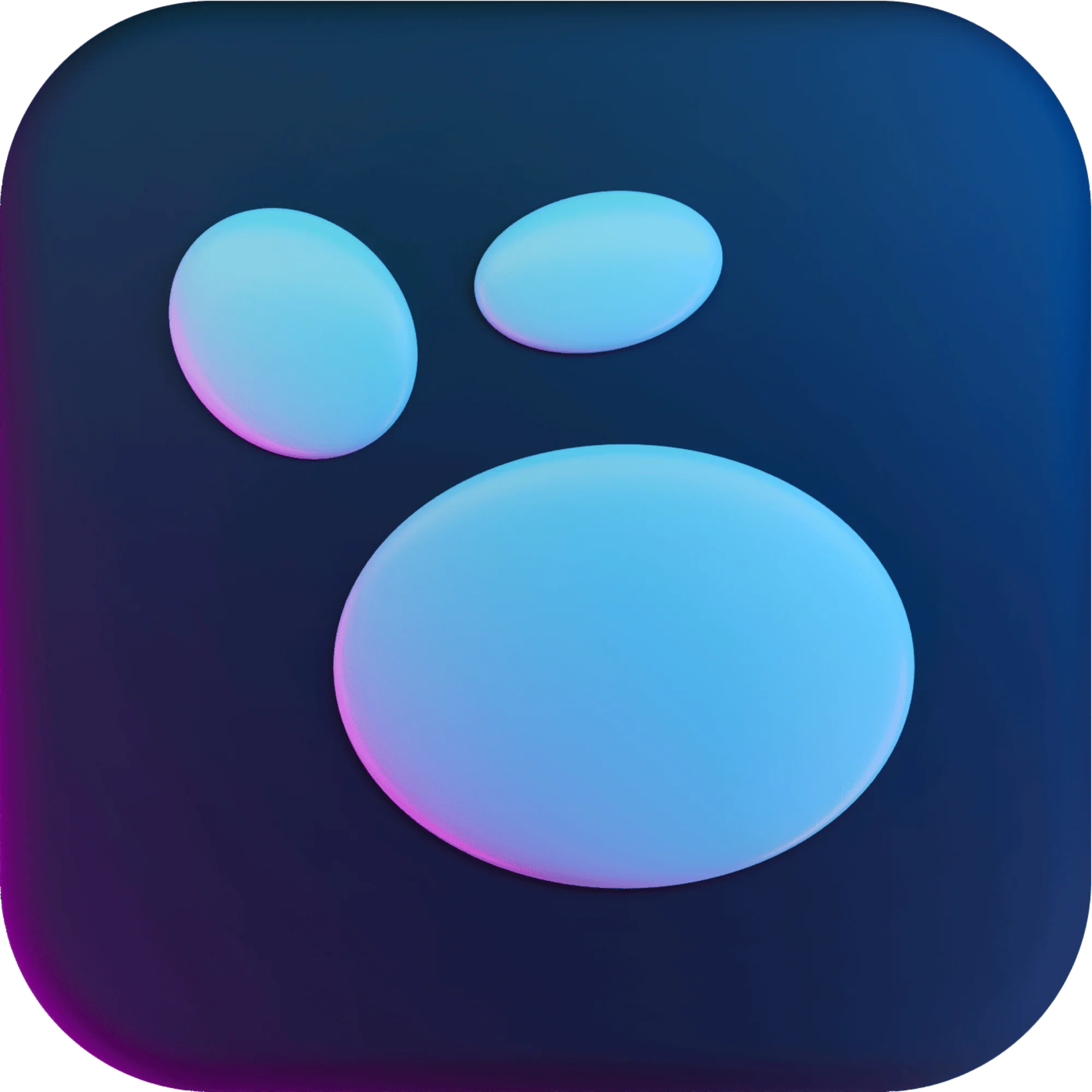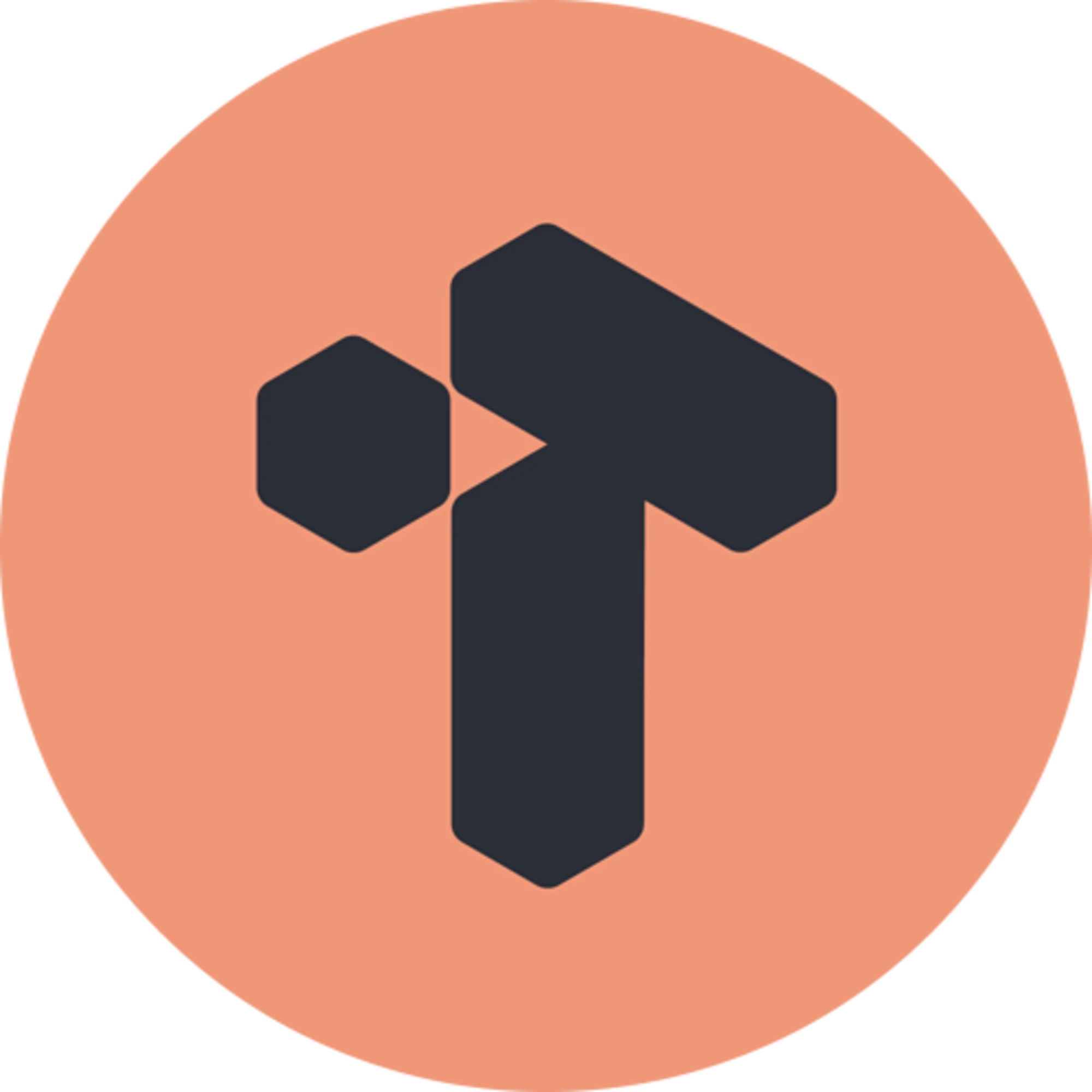What is Obsidian?
Obsidian is adored by millions, but like all things it has flaws. Obsidian is an advanced note-taking app used by millions. It is loved for the PKM-style abilities that it used to help take notes and connect them together.
If you're hunting for alternatives, it is important first to establish why you're moving in the first place.
These could be some of the reasons why you might move from Obsidian. Lacks real time collaboration abilities for teams or sharing notes. Doesn't have a built-in sync as part of the basic plan between devices. The plugin store and features might be too overwhelming. Maybe you want something that crosses a blend between these, or just a change of scenery.
Either way, we're here to help narrow down the best Obsidian alternatives out there. We tested all of these apps for our YouTube channel, Tool Finder. Narrowed the choices and crafted the pros, cons & verdict for you. It is so important to us to help you match to the perfect productivity tool.
Logseq
Best Like For Like Alternative
Looking for something similar to Obsidian, free & reliable? Logseq is a note-taking app that helps you connect notes, use a whiteboard & view notes in a graph view. Logseq is very similar to Obsidian. They share many of the same DNA with a few core differences - mainly flashcards & how whiteboards are done.
Both Obsidian and Logseq have whiteboards - these allow users to create canvas layouts to bring ideas together with images & notes in your system. Logseq has a flashcards feature which differs from Obsidian allowing you to use them for active recall study or revisiting ideas.
Many people find the community's infrastructure to be better and more robust with Obsidian as they have more extensions, themes & active users growing the tool further.
Open source ethos Local first storage A good community of users Range of extensions or plugins Markdown files and storage Great design and offline focus much like Obsidian. Comes with flashcards for turning notes into resources. Uses whiteboards for idea generation that feels more robust than Canvas mode in Obsidian.
Like Obsidian, comes with learning curve. Might be too overwhelming for some people. Logseq is free. They have no current subscriptions. Windows, Mac, iOS, Linux & Android. We'd recommend Logseq as the best like-for-like alternative. They look similar, with Obsidian shaping up better in the looks department and have a similar set of features.
Logseq feels like it does a better job for researchers or students wanting to take notes, whilst Obsidian feels stronger for writers who want a clean, minimal way to get into their work.
Both good tools and with a generous free plan that can be enough for you to use it as your next note-taking app.
Flashcards are the primary difference for people looking between these two. Logseq is not currently offering premium features, which some people worry about because Obsidian offers a more robust framework that seems to be funded by the community.
The toss-up seems to be whether you find flashcards more valuable and whether you are for more themes & extensions. The Obsidian community has 10x the number of plugins from their community versus Logseq's 150 extensions, but both are growing.
Capacities
Best for AI Chats
Looking for something with a dose of AI Chat inside of it? Capacities is a good AI-focused alternative to Obsidian with smart structure for advanced note-takers.
If you're looking for something more AI-focused, Capacities might be your bet. It differs to Obsidian with a focus on objects that create more formalized layouts than what Obsidian offer you.
This forces you into a way of organizing, but gives you more clarity to what your note is and is about. Capacities has a unique style of organizing its notes called object-based note-taking. This is a system designed around the concept of creating objects instead of notes to organize your note-taking application.
From the outset, Capacities looks minimal and clean, closely resembling Notion in nature.
Many people refer to it as the PKM version of Notion, which is good for those who appreciate aesthetic designs. Easy to use structured notes with objects. Has local support and can be used fully offline. One of the better designed note-taking apps out there. Great AI chat features for going deeper with notes.
Good for daily notes and calendar abilities. For some people, objects will be time consuming compared to Obsidian. Not built as an open source project. Free to use with no limits of taking notes. Premium includes the AI chat features with limits. Premium starts at £8.99 per month (monthly). Mac, Windows, Linux, Web, iOS & Android.
Capacities is a cloud-based note-taking app that we'd recommend more for those who want something better for daily notes, that uses AI and has more updated features.
Obsidian is different from Capacities as it is more for local-first, E2E focused notes and likes to offer a more focused writing experience. Capacities feels more like if Notion made a PKM app, good-looking but more updated as a software provider with more routinely released features.
Capacities is the perfect replacement to Obsidian if you need more structure from your notes.
Object-based note-taking allows you to create template or structure to each of the notes you take. Over time it become more effective and useful taking the same type of notes. Capacities allows you to connect your calendar to manage upcoming events too. AI chats is another layer to help those with looking to converse their notes with AI.
Reflect Notes
Best for Security
Looking for something more secure? Reflect Notes is a secure focused note-taking app with Kindle & Readwise capabilities. Reflect Notes focused on being secure with E2E note encryption - Obsidian offers this too as part of their paid offering. It focuses on taking your notes, with calendar entries and tasks alongside too, more structured than Obsidian.
You can connect up Kindle and Readwise to import your highlights into Reflect and build on them. Uses AI to help summarize information and build on key takeaways on notes. Networked note-taking helps to keep things secure. Easy to use and good design. Good security features for locking down your notes. Great features for readers on Kindle & Readwise.
Tags help you organize per type of note for more structured layouts. Good AI assistant features for communicating with notes. Calendar connection to help see what's coming up and take notes accordingly. Only limited to iOS, web and macOS apps. Not local-first storage or open sourced. Lacks Android & Windows access. No free plan. Priced at $10 per user, per month.
Mac, Web, iOS. Comes with a Safari and Chrome clipper for web. Reflect Notes is a perfect Obsidian alternative if you need something more focused on reading, want a cloud-focused secure alternative and open to using an AI assistant to help bring your notes summarizes together. Reflect is a paid option, but for ones who like to grow with AI and secure-based notes.
Reflect Notes is great for users who want security, who are book worms & like to use AI assistance with notes. It does a good job at balancing PKM with your traditional note-taking apps. It lacks however for Obsidian must-haves like being open-source, local-first or markdown. The no free plan does deter many people coming from Obsidian.
The security might be an attractive bet for many people wanting to protect their data.
Tana
Best for AI Workflows
Looking for something with AI voice capture & meeting support? Tana is an "AI-first workspace" for your notes, calendar & tasks. Tana looks and feels like an Obsidian alternative, but works with AI more deeply. Supertags resemble tags in Obsidian but help you organize where you work goes and uses AI to help auto-organize.
Voice capture in Tana allows you to send voice in, auto-organize and make the best summarizes of those notes.
Meetings can be joined by an AI note-taker to help capture important notes & bring them into your system. Designed for those who use their voice to capture notes. Supertags take the noise away from organizing - a big pro. Comes with an AI note taker for meetings. Helps you plan meetings and events. The pricing compared to Obsidian is a notable mention.
Not built as an open source project or comes with local-first storage. Can be more to learn than apps like Obsidian. Free to use up to 20,000 notes. Premium starts at $8 per month and unlocks all features. There are larger plans at $14 per month. Mac, Windows, Linux, Web, iOS & Android. Tana is Obsidian if it got VC funding. It is a powerful tool that is very much at the forefront of AI systems.
It focuses on AI workflows, like capturing notes with your voice and AI note-taking during meetings. All very AI-centric leaps forward for note-taking and maybe not something you're looking for. But for those seeking something with an AI backed set-up against Obsidian, you'll love Tana.
Tana rocks if you want something very AI first. It does a better job at creating useful note + AI workflows to use daily.
It lacks however for Obsidian must-haves like being open-source, local-first or markdown.
Many people also struggle with the price point and having to pay beyond 20K notes.
If you want that leap in AI workflows, this could be your next note-taking app.
Kortex
Best for AI Chats
Kortex is a note-taking app designed for creators or AI savvy note-takers. It is focused on trying to be your second brain, a base for you to collect all your ideas, thoughts & processes into one place. It is developed by Dan Koe and a team who are known for their focus on PKM and knowledge management with a philosophy focus.
Kortex does well at allowing you to chat with an AI assistant about your notes, much like apps like Mem, but allows you to switch up models depending on your needs - eg. Claude for creative thinking, to Gemini for more deep research and so on. This resembles Capacities, but offers something Obsidian doesn't.
However, Kortex does lack offline support and mobile apps, which are some of the basics in Obsidian. Kortex is much more focused on AI conversations and using different models. It lacks mobile apps on iOS and Android which Obsidian has. The app is currently in beta so early days for the future of the services.
Comes with a focus towards writer and creators, whereas Obsidian is more for writing in.
You can connect up notes like you do in Obsidian, but there is no graph view. Free to use with unlimited documents. Pricing starts from $10 per user, per month. Mac, Windows.
Mobile Web. iOS and Android apps coming soon If you're looking for something very AI heavy, and likedapps like Mem in the past that infuse AI into the note-taking process, you might like Kortex.
Kortex markets itself as the second brain note-taking app with AI and we'd have to agree. The app is a good base for your second brain and has a lot of good features like components for creating routine templates.
The AI feature kAI is smart too as you can swap models between popular services, however, one of the things that lets Kortex down right now is that it is limited to desktop with no iOS and Android app - which is a must have for second brain apps in our opinion.
Kortex clearly states "beta" on their website, so this is likely to be coming soon so we can let them off here. They directly compete with Mem right now. This is a promising AI note-taking app! Creators and writers. Second brain lovers. Those who want to chat with their notes.
Notable Mentions
These are other tools that act or can replace Obsidian
Frequently Asked Questions
What's the best free Obsidian alternative?
Logseq, hands down. It's completely free, open source, and has similar graph views, backlinks, and markdown support. The main difference is Logseq uses outliner-style notes (bullets) vs Obsidian's document-style. Both are local-first and privacy-focused.
Which alternative is best for beginners?
Capacities or Reflect Notes. Both have cleaner interfaces and less of a learning curve than Obsidian. Capacities uses object-based note-taking which gives more structure. Reflect is simpler with good AI features. Obsidian's plugin ecosystem is powerful but overwhelming for new users.
Is Notion a good Obsidian alternative?
Not really. Notion is cloud-based (Obsidian is local-first), doesn't have graph views, and feels more like a workspace than a note-taking app. Notion works for teams and databases. Obsidian works for personal knowledge management and networked thinking. Different use cases.
Which alternative has the best mobile apps?
Reflect Notes or Capacities. Obsidian's mobile app works but feels clunky compared to the desktop version. Logseq's mobile app is improving but still rough. Reflect and Capacities were built mobile-first and it shows.
Can I migrate my Obsidian vault to another app?
Yeah, because Obsidian uses plain markdown files. Logseq can import markdown directly. Capacities and Reflect can import too, though you'll lose some Obsidian-specific features (like dataview queries or advanced plugins). Always export a backup before migrating.
Which alternative is best for students?
Logseq (free, has flashcards) or Capacities (structured notes, daily notes, affordable). Both work well for research, note-taking, and studying. Obsidian works too but the learning curve eats into study time. Reflect Notes is pricier ($10/month) but the Kindle integration is great for reading-heavy courses.
What if I only use Obsidian for daily notes?
You're probably overthinking it. Notion, Apple Notes, or even a simple markdown editor would work fine. Obsidian's power is in the graph, plugins, and networked notes. If you're just doing daily journaling, simpler tools work better and cost less (or nothing).




